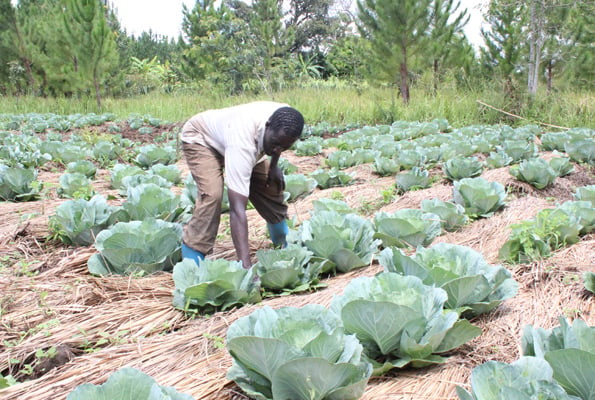Govt fronts National Agroecology Strategy to promote safe food

The government in partnership with the Participatory Ecological Land Use Management (Pelum) Uganda is in the advanced stages of developing the first-ever National Agroecology Strategy which officials say will help in regulating the previously private sector-dominated area to provide safe food.
While launching the 2023 National Agroecology Week of Action in Kampala, the National focal point person for organic agriculture, and agroecology at the Ministry of Agriculture, Animal Industry and Fisheries (MAAIF), Bob George said the strategy will provide guidance implementation of agroecology practices and organic farming in Uganda, from the farm to the market level.
According to him, the strategy will help to scale up the adoption of agro-ecological practices within Uganda, investing more in conducting research in agro-ecological practices by both government and stakeholders and it will also address issues of market for the produce.
“Like any other strategy, it also spells out the number of stakeholders that are relevant in the agroecology sector and also outlines each of everyone’s roles. We have a draft which has been reviewed twice so we are moving on well,” he said.
“Our target is to put all farmers and all other actors from production to consumption in order and as a government, we want to ensure that they are put in order and to ensure that we are in control,” he added.
The country director of Pelum Uganda, Josephine Akia Luyimbazi says the strategy will enable them to rally momentum and garner support towards the development of the agroecology sector.
FAO defines agroecology as a holistic and integrated approach that simultaneously applies ecological and social concepts and principles to the design and management of sustainable agriculture and food systems.
Scaling up of agroecology in Uganda is critical towards achieving the Sustainable Development Goals (SDGs) most especially the SDG 2 on Zero Hunger that requires a transition towards more sustainable food systems with more socio-economic benefits and with less environmental consequences,” Mr Sande said.







